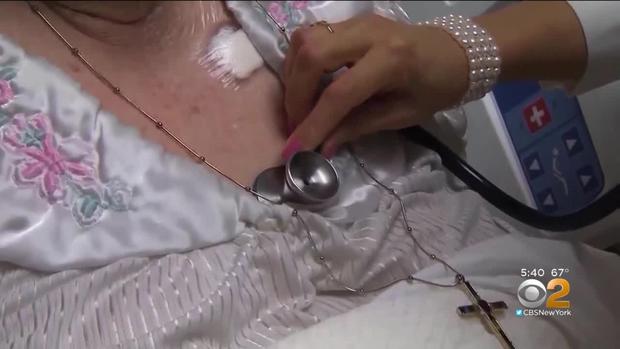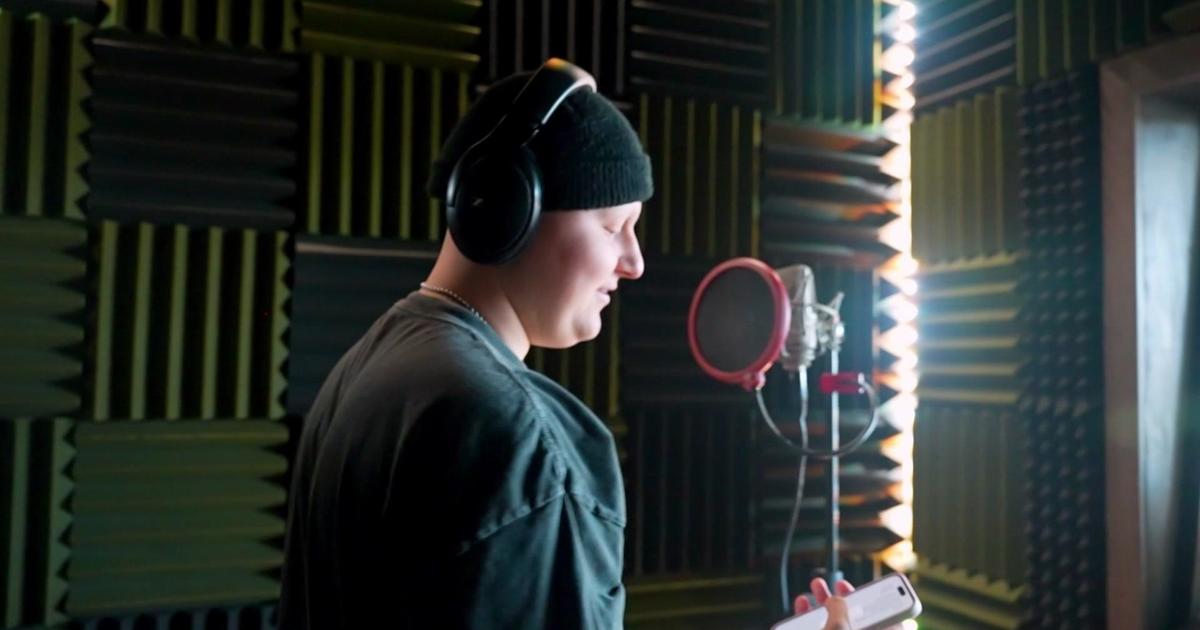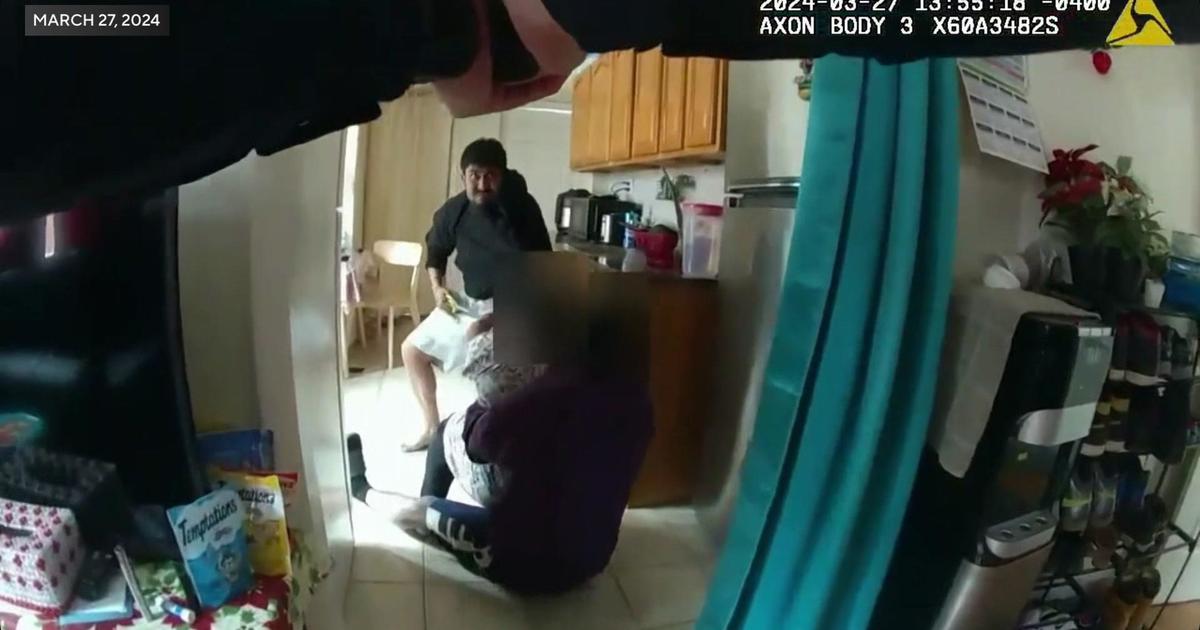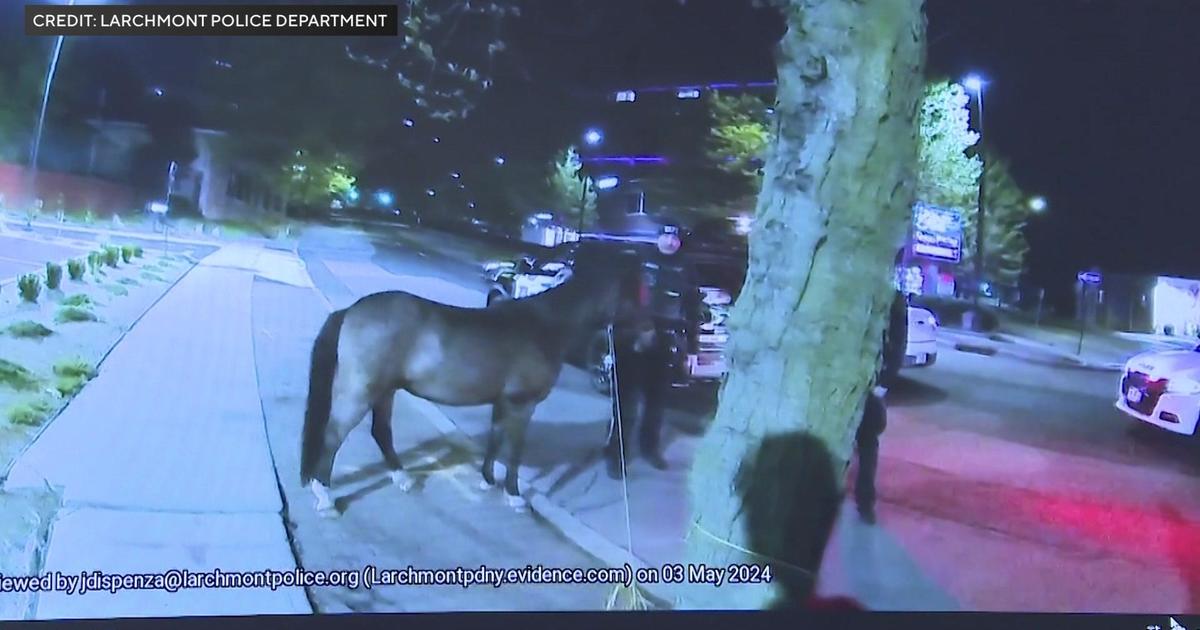New Study Says There's Safe Way To Transplant Organs Infected With Hepatitis
NEW YORK (CBSNewYork) -- Using organs infected with hepatitis for transplantation is not as bad an idea as it sounds at first.
As CBS2's Dr. Max Gomez reported Wednesday, a new study may have found a safe way to do it.
More than 113,000 patients are waiting for an organ transplant in the United States. Last year, more than 12,000 of them either died or became too sick to operate on while waiting.
But transplanting an infected organ into someone who has to take anti-rejection medicine could be disastrous.
This may be a way to use those organs.
You'd never know that three years ago Conor Sullivan was in organ failure. A virus attacked the Air Force veteran's heart and he needed a heart transplant.
"Being on the transplant list, it's a constant worry in your mind of when you are going to get the call, if you are going to get the call," Sullivan said.
Knowing that many heart and lung patients die waiting for a transplant because there aren't enough organs available, doctors at Brigham and Women's Hospital in Boston told Sullivan about research they were doing involving donor organs infected with the hepatitis C virus.
"I decided that was a good idea. It would allow me to get a heart quicker," Sullivan said.
MORE: 2nd Man Apparently Free Of AIDS Virus Following Stem Cell Transplant
A new study shows researchers have been able to prevent transmission of the hepatitis C virus by treating heart and lung transplant patients with antiviral medications designed to combat hepatitis C.
"We started treatment of these patients as soon as it was safe to do so, within a few hours after transplant," infectious disease Dr. Ann Woolley said.
Woolley said the study of 35 patients had a 100-percent success rate.
"They had cleared their virus in the majority of the patients within a few days, all by around the two-week mark," Dr. Woolley said. "We saw no difference in outcomes in the hepatitis C group compared to the non-hep C group.
The researchers point out that as a result of the opioid overdose epidemic there are many hep c-infected organs potentially available for transplant. While the anti-viral drugs are expensive, this technique could significantly increase the availability of organs for transplant.
After 18 months of waiting, Sullivan finally got his new heart.
The 25-year-old is now training to run the Boston Marathon.
"It means a lot to me," Sullivan said. "I think I have a lot of people to thank and this will kind of be for them."
The cost of those anti-viral drugs and who's going to pay for them could be a limiting factor in the usefulness of this technique. The drugs can cost upwards of $90,000 for a course of treatment.
To date, doctors have now enrolled 69 people in the study.




